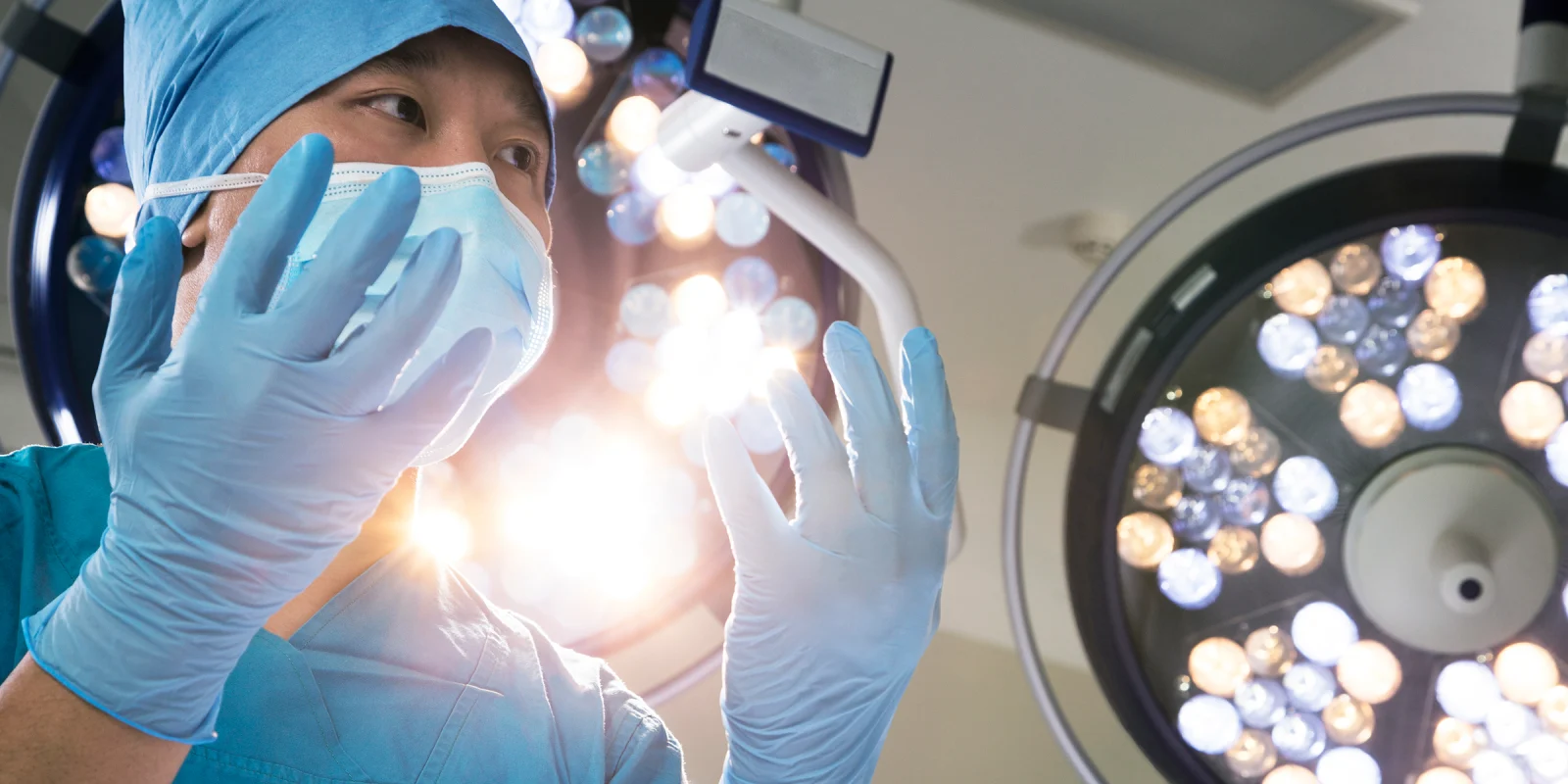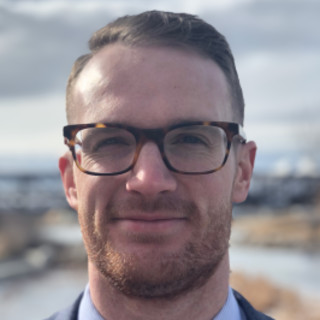“Do you want to intubate?”
The anesthesiologist’s question caught me off guard. Frankly, I did not want to intubate. I had just started my first clerkship rotation in general surgery. The surgeon stood before us. I loved my rotation so far and planned on asking him for a letter of recommendation. I could not disappoint.
“Yeah, for sure!” I heard myself say, the overcompensating self-confidence ringing in my ears. Of course, I had watched the anesthesiologist do it from across the OR, and I knew the general idea, but try as I might, I could not remember the details of the procedure from our school lectures and one-hour lab several months prior.
The anesthesiologist obtained consent from the patient, and we soon rolled back to the room. Glimpses of words like “Mac blade” and “vallecula” bounced around my head. Then, in a blur, the patient was sedated, apneic, and I held the laryngoscope. I struggled in silence for a few moments before I saw a dark hole in the back of the throat. Relief swept over me, and I clumsily shoved the endotracheal tube down.
“Good job!” exclaimed the anesthesiologist as humidity filled the tube, now connected to the ventilator. Before I could calm my racing heart, the patient’s heart rate rapidly declined, and the blood pressure followed suit. Suddenly, the OR exploded in a flurry of movement and noise.
The patient was rapidly extubated and re-intubated. They received a number of medications and slowly recovered. The operation started apprehensively with frequent glances up at the monitors.
Before any explanation could be offered, the patient had another episode, and the process was frantically repeated. In the middle of this second frenzy, the surgeon noted that the stomach was markedly distended. An orogastric tube was quickly inserted, and the stomach decompressed. Thankfully, the patient had no further episodes.
Upon visualizing that bloated stomach, the reason for the complications dawned on me — and, it seemed, simultaneously to everyone else in the room. I had intubated the esophagus and pumped several liters of air into the stomach. Having no ventilation to the lungs, the patient rapidly became unstable. The second episode was likely a vagal response resulting from the severely bloated stomach.
I had nowhere to run, and I could not hide the look of shame as I stood there, scrubbed and gowned at the OR table. Afterward, the physicians pulled me aside, and we spoke about the case.
Embarrassed, I shook my head and admitted that I had never intubated before and did not know what I was doing. It quickly became humiliatingly obvious to them how little I understood about the procedure. Thankfully, the rest of the operation went by without incident, and the patient suffered no hypoxic damage, but I felt terrible and foolish.
As a student, I wanted to seem eager and willing to try the procedure. As a prospective surgery applicant, I wanted to appear fearless and capable. I had read forums and spoken with mentors, both advised me to do everything possible to show willingness and to be ready to step out of my comfort zone. However, it did not occur to me that it was possible to fly too close to the sun.
There is certainly a point where lack of preparation or knowledge makes taking these steps detrimental. Pride and ambition become a barrier to success. It would have been far better for me to say that I was not ready and that I would appreciate seeing the procedure first. Alternatively, I could have asked for some time to review and research the subject before taking on the task irresponsibly.
The line between being willing to try something new and overestimating our abilities can be blurry. As students, we are excited to be out in hospitals and clinics. We yearn for opportunities to participate in the medicine we have been studying. When opportunities to participate arise, we want to show our eagerness to progress. However, I stepped over the line that day. It would have been far more impressive to admit my inexperience than attempt to hide my lack of knowledge and blindly wing it.
I also recognize now, more than ever, the importance of preparedness. Students need to take the time to study the procedure, anatomy, and medicine. However, there is so much to be learned on clinical rotations that we cannot be ready for everything. That is when we must have the fortitude to explain our limitations and learn in a safe manner. I do not enjoy admitting that I do not know something, but we must remember that everything we do is to promote the health and wellness of our patients.
I was not brave enough that day to admit that I was not ready. I urge students and providers to learn from my mistakes and have the courage to bury their pride and ask for help. Take a quick moment to assess if that bite will be too much to chew.
Jon is a 4th-year medical student from Rocky Vista University pursuing a career in General Surgery. When not studying and preparing for residency he enjoys physical activity and sports of any kind. He and his wife were married in 2015 and together they have a rambunctious two-year-old daughter.







